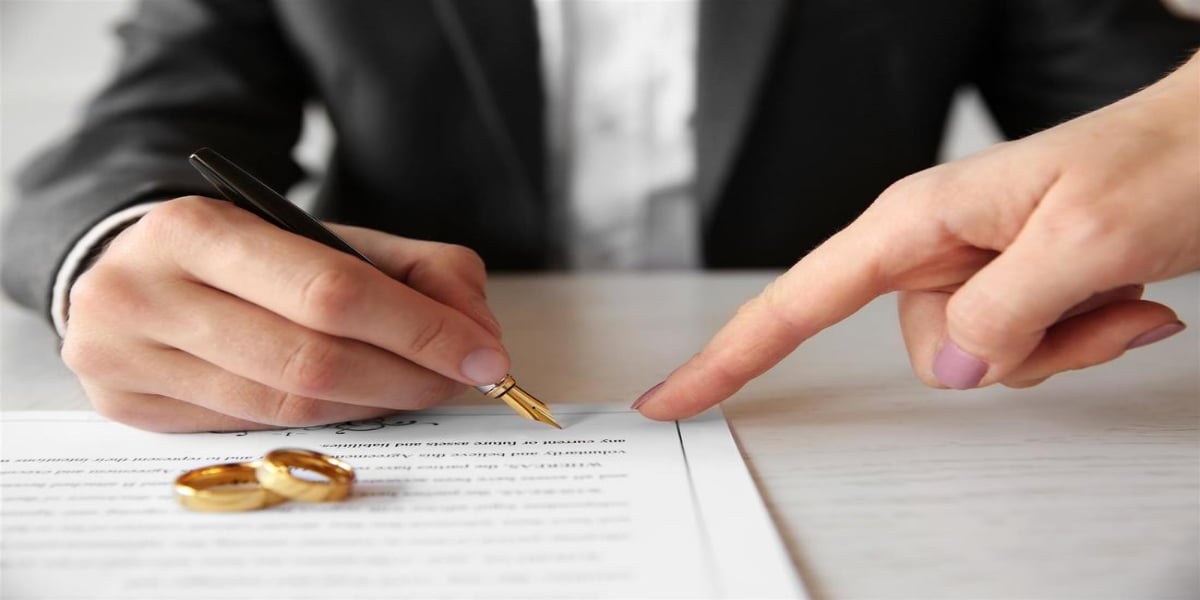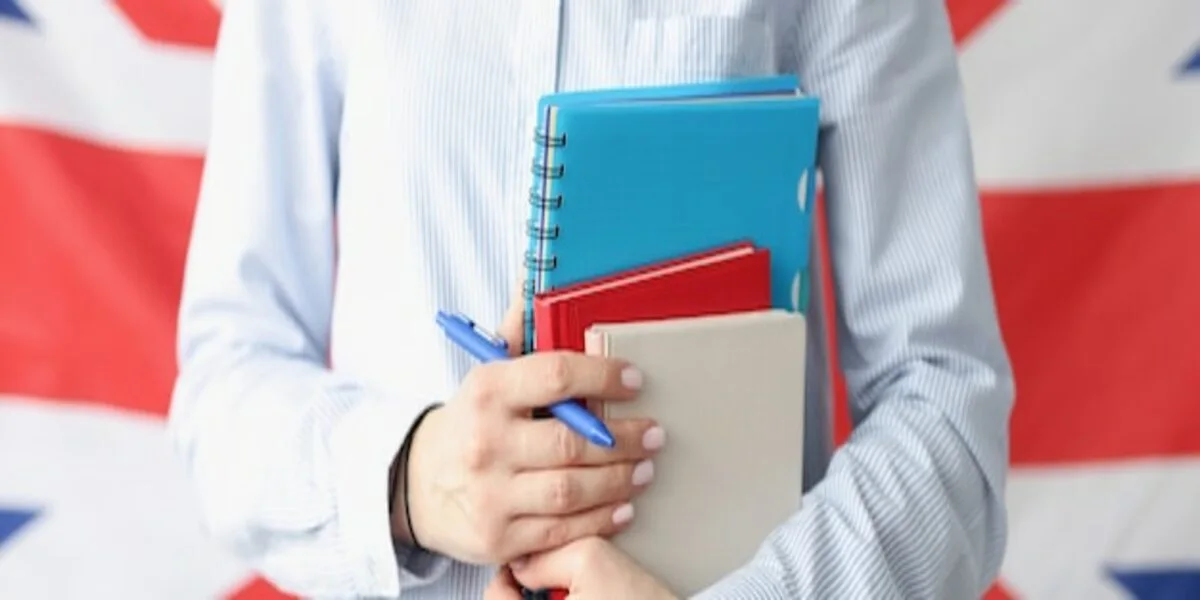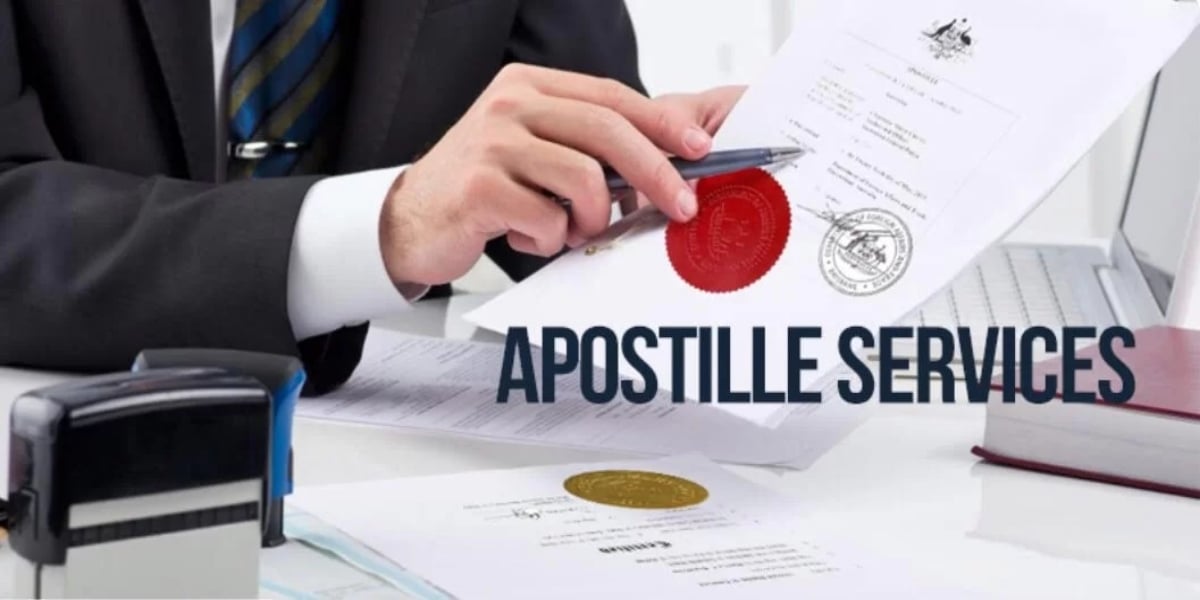Where Can I Get The Single Status Certificate In India?

Transnational marriages are becoming more common across all countries, whether in the US, UK, China, or any other. Many Indians are inevitably married to foreigners since India is the most popular source country for international migrants globally. This isn't a straightforward task, and a "Single Status Certificate" is needed as part of the process.
This certificate proves one is single. It is sometimes called a singleness certificate. As per the judiciary laws of the country, a marriage certificate specifies a person's marital status. Unlike an official document, an affidavit indicates the affiant is single or does not have dependents (in case of a divorce) from any previous marriage. The affiant would be able to tie the knot in any country outside their home country.
How does the Single Status Certificate needs to be attested?
Single or single-unmarried people do not need to prove it in India. To get married in that country, a person must be unmarried. Almost every other country requires that a person not already be married. These rules are intended to prevent polygamy and illegal marriages. Getting married abroad requires a Single Status Certificate, also called a CENOMAR (certificate of no marriage records).
Some documents used to prove bachelorhood are also known as celibacy certificates or certificates of no impediment. The marriage certificate must be attestation or apostilled if it simply indicates the marital status is not valid. Document attestation consists of the government legalizing a document to make it more authentic. Certain countries, which are members of the Hague Convention, must have an apostille on their certificate. It is a legal and internationally accepted document once it is an attestation of single status.
How can I find who is issuing my certificate?
India does not need to issue a Single Status Certificate because it is not required. Alternatively, the affidavit can be drawn up by a notary and stamped by a district magistrate or sub-district magistrate if the necessary evidence is presented. The seal with the approval of the Ministry of External Affairs (MEA) must be attached to the affidavit after it is exposed to the attestation process at the respective Embassy.
-
Notary - The notary is a fundamental component of the legal system. The government has allowed the use of a notary to authenticate the authenticity of documents. They check the appropriate documents before stamping and signing them.
-
SDM - The district subdivision is led by the Sub-Divisional Magistrate or the Home Department. The SDM validates the affidavit and stamps the paper, indicating legitimate certificate attestation.
-
MEA - The Ministry of External Affairs is the highest authority in the certificate attestation process. The document is deemed authorized by the home government once the MEA stamp is put.
-
Embassy - The institution that represents a foreign country is the Embassy. The majority of document authentication does not necessitate Embassy permission. However, in the case of specific nations, certificate apostille must be done, and the Embassy must stamp the document following MEA approval.
How Is It Done?
The process of applying for certificate attestation is simple. It can be done by the applicant or his family members or with the assistance of attestation and apostille service providers. These are discussed in greater depth below -
1. By the Affiant himself
The affiant or their blood relatives must complete the necessary steps in this course. In the event of a relative, the applicant must create a Power of Attorney declaring that they approve and authorize the relative to carry out the processes on their behalf. It all starts with preparing an affidavit and then going to the local District Magistrate or Sub-Divisional Magistrate with the requisite evidence of documents to get it stamped and signed by the concerned authority.
Following their acceptance, the following stage is for them to go to the Ministry of External Affairs to receive the MEA stamp. In the case of certificate apostille, the MEA is the final stop in the legalization process. However, when it comes to certificate attestation, the paperwork must be taken to the Indian Embassy or the country you desire to marry.
2. By consulting Attestation and Apostille services
This is a simpler and faster method because it entails the affiant utilizing expert services. The agency prepares the draft, and the applicant only needs to submit the required documents. The agency responsible for certificate attestation and apostille ensures that the document is stamped and forwarded to the MEA/Home department for verification.
Because the MEA and embassies are located in different regions, it is strongly advised to seek expert assistance in certificate attestation of these papers. This saves a lot of money and time while ensuring that no mistakes are made.
Related Posts

Thank You, for subscribing to our newsletter. You will be receiving the latest updates on all our new arrivals, exclusive deals and special offers.

.png)
.png)


.png)